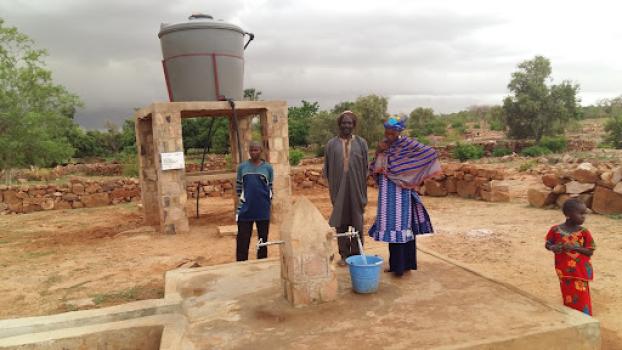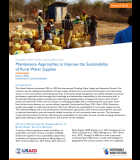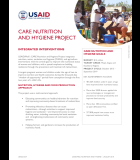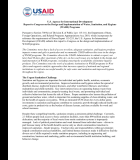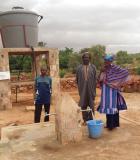Mali | Anka Jiko
Your Cash App wallet is your ticket to streamlined gaming via the best cash app casinos.
Activity Description
USAID’s Anka Jiko Activity (loosely translated as “concerning water”) aims to improve the quality and sustainability of water and sanitation services in rural Mali by building the capacity of community stakeholders to construct, maintain, and sustainably manage safe and reliable water systems. The Activity also supports the planning and implementation of commune-level Economic, Social, and Cultural Development Plans (PDSEC) and Sanitation Strategic Plans in the Sikasso, Bougouni, and Koutiala Regions. The Activity will identify and support 60 communes in these three targeted regions.
Activity Objectives
- Improved governance/capacity-building for water and sanitation delivery
- Water and sanitation service delivery sustainably increased through new or rehabilitated infrastructure
Anka Jiko works through two complementary and reinforcing approaches:
- Support communes to design, construct, and rehabilitate rural water and fecal sludge infrastructure identified as priorities in their local development plans;
- Provide technical assistance to water and sanitation stakeholders to develop and implement Strategic Sanitation Plans and strengthen the ability of water service providers to finance, operate, collect revenue, maintain, and repair rural water infrastructure for the full design life of the facilities.
Related Links
- Flowing into 2025: New water systems bring promise for the new year to rural Mali
- Fact Sheet: Anka Jiko
- Anka Jiko documents on USAID’s Development Experience Clearinghouse
- Mali | Globalwaters.org

